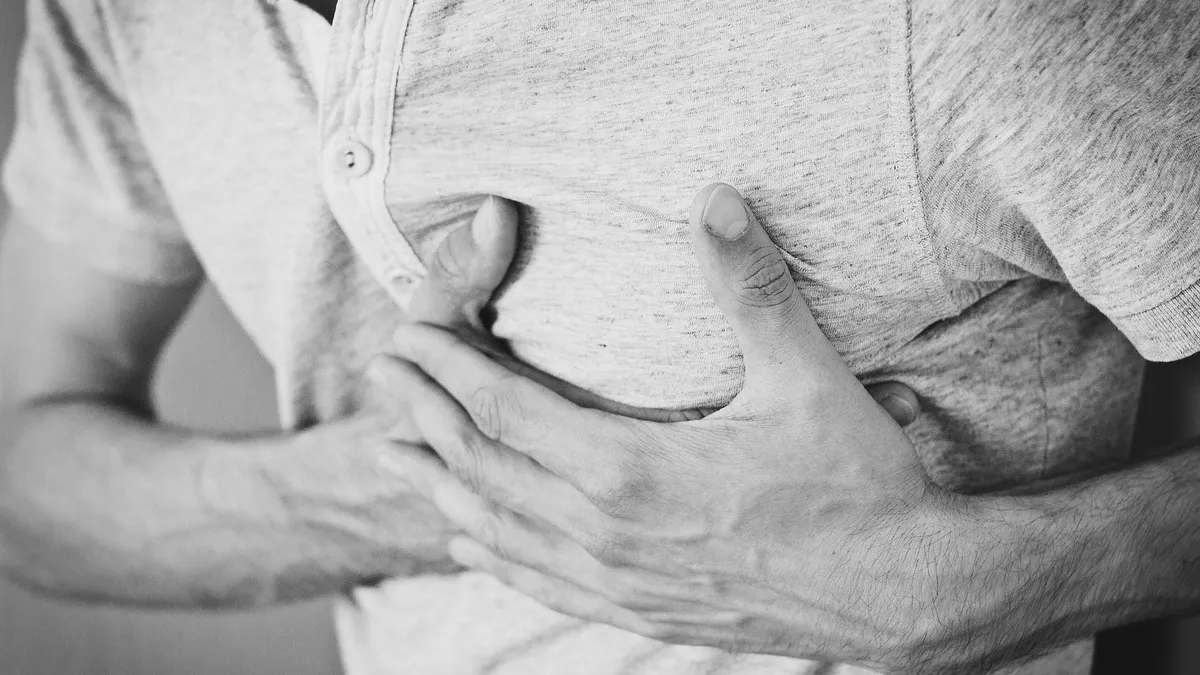Dive Brief:
- Patients in cardiogenic shock who received Abiomed's Impella heart pump between April 1, 2018, and March 28, 2019, had a median survival rate of 67%, up from the 51% survival rate when the device received FDA premarket approval for the indication in April 2016, the company said.
- The analysis of statistics from an observational database reflects median survival for 4,891 patients in the one-year period.
- Abiomed attributed the improved outcomes to development of best practices, including use of the Impella mechanical circulatory support device before percutaneous coronary intervention. The company pointed to a separate observational study published in the Journal of the American College of Cardiology that showed how the creation of a "shock team" at one institution improved patient survival at 30 days.
Dive Insight:
The data for Impella in cardiogenic shock patients are welcome news following a setback in February for Abiomed's pump system for patients with right-sided heart failure. Post-approval study data for that device showed less than 20% of participants met the primary survival endpoint, compared to 70% in the clinical trial that won approval for the Impella RP. The results prompted FDA to alert cardiologists to the issue and advise them to weigh the patient selection criteria before using the device.
In contrast, the positive survival trends and improved native heart recovery in cardiogenic shock patients are being attributed to best practices for Impella use that have been identified in the company's observational database as well as FDA post-approval studies. The company said it has collected data on nearly all U.S. Impella patients in the database since receiving FDA approval.
The combined data, according to the company, have helped identify best practices for Impella use in cardiogenic shock patients that include: implanting the device before PCI, reducing the inotropes that affect the strength of muscular contraction, early identification of shock, and hemodynamic monitoring with pulmonary artery catheters.
Cardiogenic shock occurs when the heart is suddenly unable to pump enough blood throughout the body. It can result from a weakened heart muscle following a heart attack or cardiopulmonary bypass surgery. Acute myocardial infarction cardiogenic shock and post-cardiotomy cardiogenic shock have been on the rise in the United States in recent years and carry a high mortality risk, Abiomed said.
In the JACC study, published this month, Inova Heart and Vascular Institute in Virginia instituted a standardized, team-based approach that includes early use of percutaneous mechanical circulatory support. Cardiogenic shock survival rose from 47% before implementation of the protocol in 2016 to 76.6% at 30 days post-discharge in 2018, the study showed.
In response to the disappointing survival data for its right heart system, Abiomed said patients in the post-approval study were sicker and may not have been appropriate candidates for the therapy. Right-sided heart failure is less common than left-sided heart failure and happens when the right ventricle cannot pump enough blood to the lungs. Heart failure typically begins in the left side and may spread to the right side if untreated.










